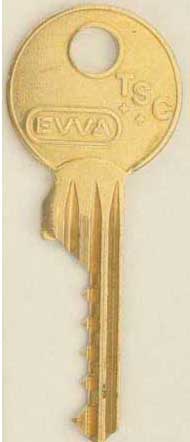
If you’re out and about this Halloween attending one of the many fun Halloween events in the Hartford area make sure you’re following these tips to keep your home and your family protected from scary witches and mischievous goblins.
- Don’t post your Halloween plans on Facebook, Twitter, etc. – even if you’re planning on staying home. Twitter posts are for everyone to see (unless you set your tweets to be protected). No need for the world to know where exactly you are and what you are planning. It makes it really easy for burglars to get exact details about your whereabouts and to help themselves to your belongings while you are out.
- Motion sensor lights are great to have. Not only do they help the trick-or-treaters find their way safely to your front door, they also help keep pranksters away.
- If you are leaving the house to go to a halloween party or an event, and you have a home security system, make sure you activate it.
- Keep pets inside. Many pets get frightened by unexpected noises and lots of people walking around and might run off.
Stay safe this Halloween, and don’t forget – Jim is a CT licensed Locksmith with over 30 years experience. He’ll repair your locks or install a new lock at your Connecticut home or business and you’ll never have to worry. Simply email or give him a call at 860-678-9797.

 Pin tumbler design locks are probably the most popular locks in the world. These types of locks come in different sizes and finishes, can be used in exterior and interior doors, and they’re suitable for residential and commercial applications. They can also be picked quite easily with a “bump key,” sometimes also called a “999 key,” which is a normal key cut to a specific code that can then be used as a lock picking tool.
Pin tumbler design locks are probably the most popular locks in the world. These types of locks come in different sizes and finishes, can be used in exterior and interior doors, and they’re suitable for residential and commercial applications. They can also be picked quite easily with a “bump key,” sometimes also called a “999 key,” which is a normal key cut to a specific code that can then be used as a lock picking tool.






